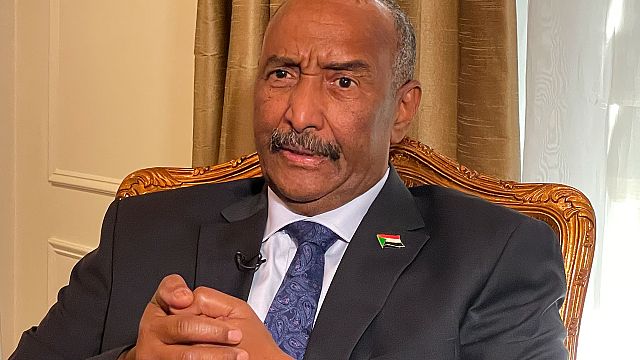The United States recently announced its decision to impose sanctions on Sudan due to the alleged use of chemical weapons by the Sudanese government in its conflict with the Rapid Support Forces. This determination, made under U.S. law back in April, concluded that Sudan had violated the international Chemical Weapons Convention. As a result, the sanctions are slated to come into effect around June 6 and will involve restrictions on U.S. exports and government-backed credit.
Sudan, however, vehemently denies these allegations, dismissing them as false and politically driven. U.S. officials have pointed to the likely use of chlorine gas, reportedly deployed on at least two occasions in remote areas during the past year. The conflict in Sudan initially erupted in April 2023 following a power struggle between the army and the RSF. What started as a struggle for control has since escalated into one of the most severe humanitarian crises globally, leading to the displacement of over 13 million people and the tragic loss of tens of thousands of lives.
Earlier this year, the U.S. had already taken action by imposing sanctions on key military figures involved in the conflict, including army chief Abdel Fattah al-Burhan and RSF leader Mohamed Hamdan Dagalo. Both sides have been accused of perpetrating war crimes and atrocities amidst the ongoing turmoil in the region.
The imposition of sanctions by the U.S. marks a significant escalation in the international response to the crisis in Sudan. It underscores the gravity of the situation and the urgent need for accountability and justice for the victims caught in the crossfire. The use of chemical weapons, prohibited under international law, raises serious concerns about the extent of brutality and violence unfolding in the conflict-ridden nation.
The broader implications of these sanctions extend beyond diplomatic repercussions, affecting the lives of millions of Sudanese civilians who continue to bear the brunt of the conflict’s devastation. The international community faces a moral dilemma in balancing the pursuit of justice with the imperative of providing humanitarian aid to those in urgent need.
As the world grapples with the complexities of conflicts like the one in Sudan, it becomes increasingly clear that lasting peace and stability can only be achieved through concerted efforts to address root causes, promote dialogue, and hold perpetrators of violence accountable. The path to reconciliation and healing for Sudan will require not just punitive measures but a holistic approach that prioritizes the well-being and rights of all its people.
In conclusion, the imposition of sanctions on Sudan serves as a stark reminder of the challenges faced in resolving conflicts that continue to inflict untold suffering on innocent civilians. It calls for a renewed commitment to upholding international norms and principles to prevent further atrocities and pave the way for a more peaceful and just world for all.
Originally reported by Africa News
Read more at: http://www.africanews.com/2025/05/23/us-imposes-sanctions-on-sudan-over-chemical-weapons-use/

